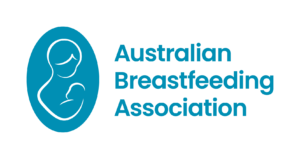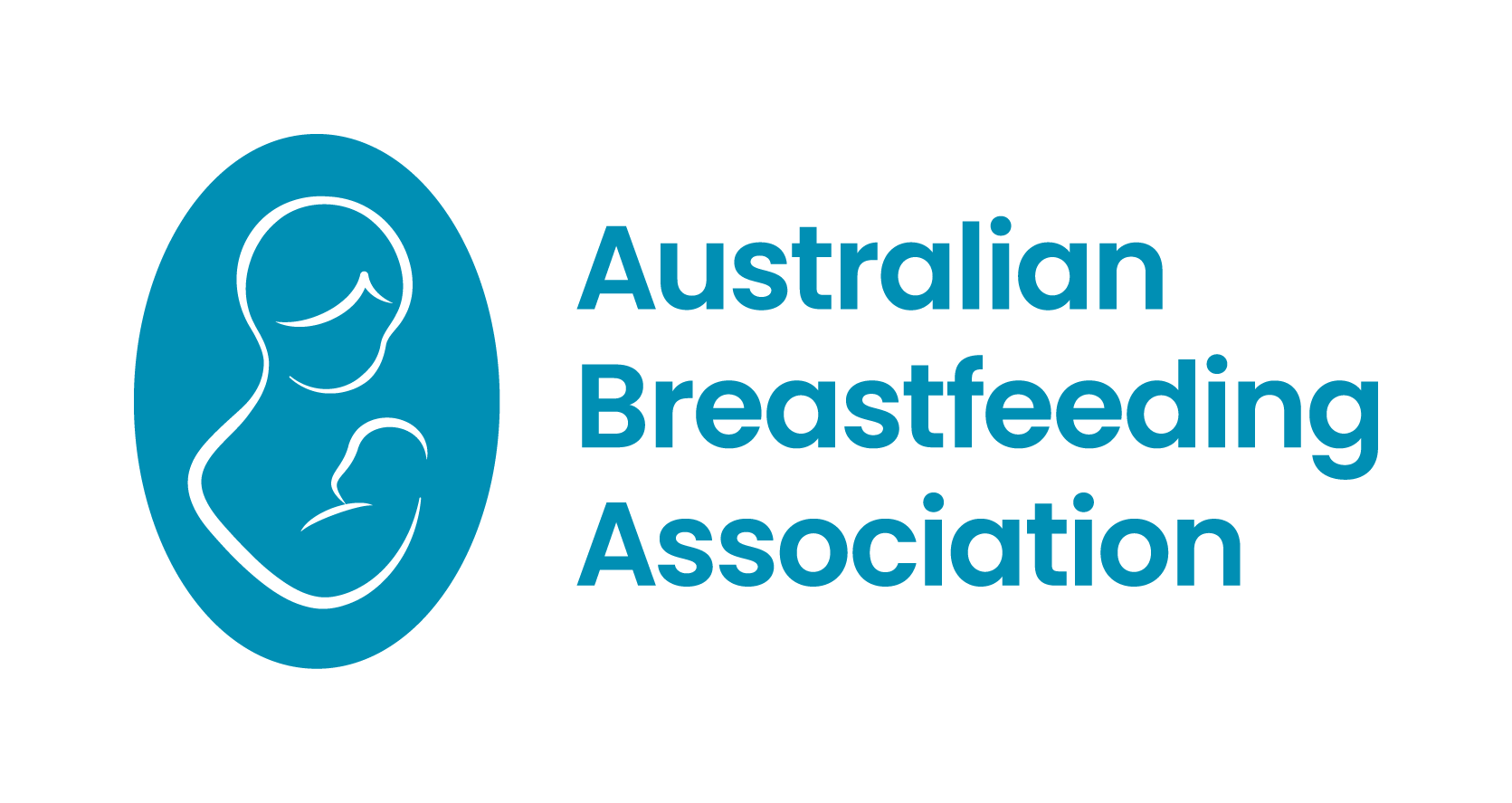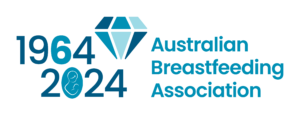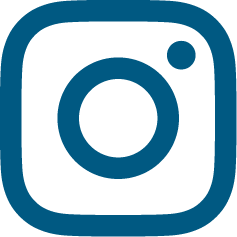The month of May marks the 40th Anniversary of The WHO Code.
The WHO Code is the abbreviated name for the International Code of Marketing Breastmilk Substitutes developed in 1981 by the General Assembly of the World Health Organization, following consultation with key stakeholders, including governments and infant food manufacturers. In subsequent years additional World Health Assembly resolutions have further defined and strengthened the Code.
The aim of the WHO Code is:
To contribute to the provision of safe and adequate nutrition for infants, by the protection and promotion of breastfeeding, and by ensuring the proper use of breastmilk substitutes, when these are necessary, based on adequate information and through appropriate marketing and distribution.
The main elements of the WHO Code are as follows:
There should be no advertising or other promotion to the public of products within the scope of the Code, i.e, breastmilk substitutes (including infant formula and complementary foods), bottles or teats.
Health facilities and health professionals do not have a role in promoting breastmilk substitutes, or bottles and teats.
Free samples of breastmilk substitutes or items that promote breastmilk substitutes should not be provided to pregnant women, new mothers, or health facilities.
Health risks to infants who are formula fed, or who are not exclusively breastfed, should be highlighted through appropriate warnings and labelling.
Labelling of breastmilk substitutes should contain instructions on how to use the product to minimise the risks of use. Information on formula feeding, including that on labels, should explain the benefits of breastfeeding and the costs and dangers associated with the unnecessary or improper use of infant formula and other breastmilk substitutes.
Pictures or text that idealise the use of breastmilk substitutes should not be used.
Just having this Code in existence is not enough. Aggressive and predatory marketing of breastmilk substitutes, including formula milks, creates a major barrier to breastfeeding in high as well as low- and middle-income countries. Nations must enforce The Code with legislation and monitoring.
The WHO Status of The Code Report in 2020, found that 136 of 194 countries had enacted legal measures with provisions to implement the Code but only 25 of these countries had measures substantially aligned with the Code; 58 countries still have no legal measures at all including Australia which has some very limited legislation through the Food Standards Australia New Zealand (FSANZ). Implementing The Code protects all infants, whether breastfed, not-breastfed, and mixed fed, by prohibiting marketing practices that inflate the price of ‘premium’ formula milks that are no better than cheaper formula milk products.
The Australian National Breastfeeding Strategy (ANBS) 2019 has marked the ‘review of regulatory arrangements for restricting the marketing of breastmilk substitutes’ as a priority action area.
Committing to commission an independent review to determine:
- the effectiveness of the Marketing in Australia of Infant Formulas: Manufacturers and Importers Agreement (MAIF Agreement) in restricting inappropriate marketing of breast milk substitutes.
- the feasibility of including all manufacturers of infant and follow-up formula in the scope of the MAIF Agreement and all retailers (supermarkets, pharmacies etc.) in the scope of the agreement.
- the transparency of the complaints process and outcomes from MAIF Complaints Committee meetings.
It is crucial that we see the full implementation of the ANBS over the coming years. If you are planning to speak with your local State and Federal Members, this is something you can ask them about.
For more reading on the 40th Anniversary:
World Alliance for Breastfeeding Action (WABA)
International Lactation Consultants Association – Lactation Matters
Link to recording of our May 24 Live Webinar can be found here from 30 May, 2021:
- Course: The WHO Code: Its importance in Australia 40 years on (Recording Only) (learnbook.com.au)
- Course: The WHO Code: Its importance in Australia 40 years on (learnbook.com.au)
Naomi Hull, Senior Manager Breastfeeding Information and Research







